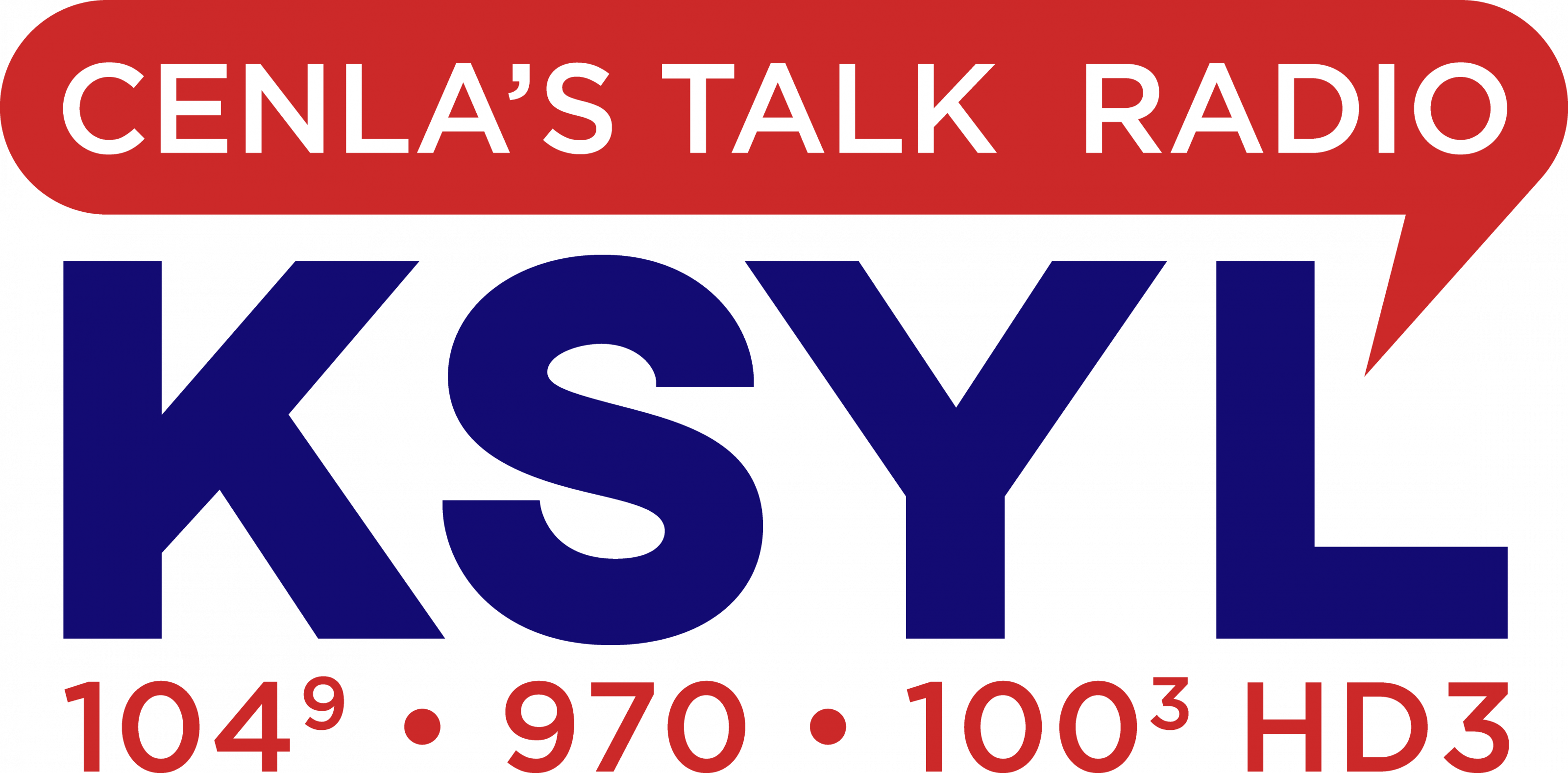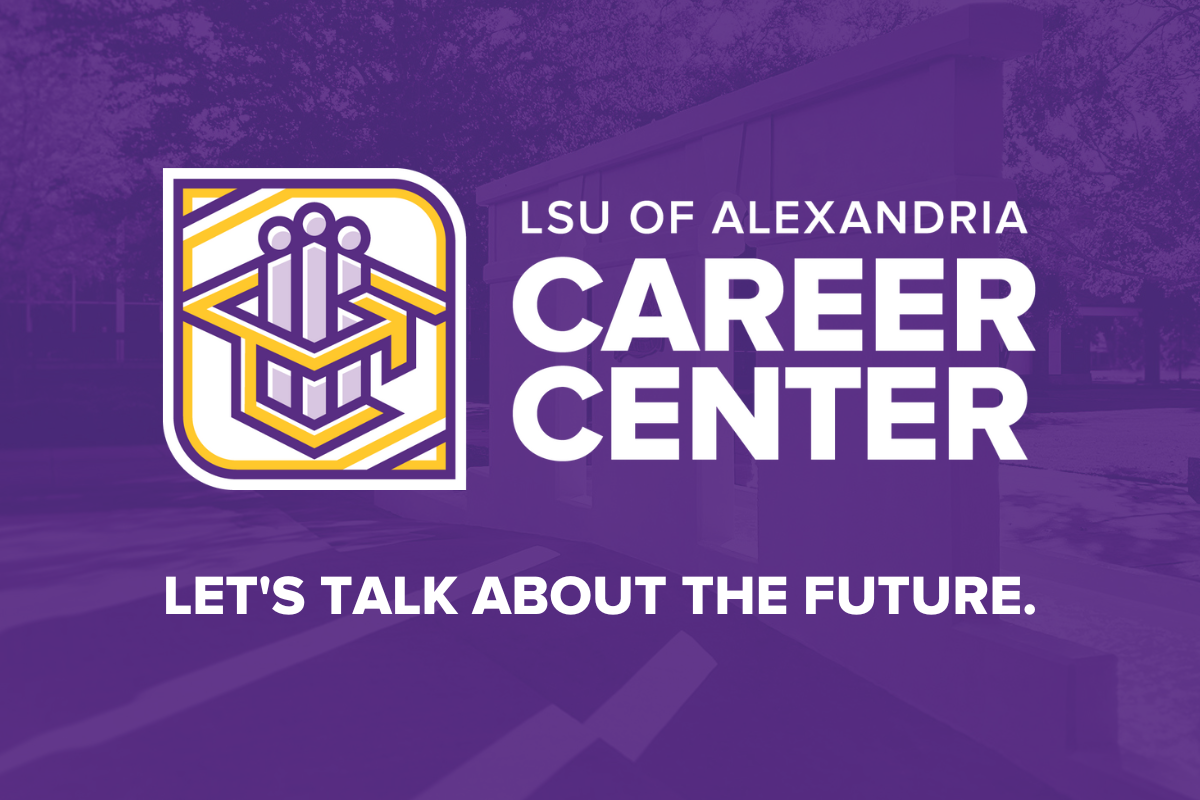
(NEW YORK) -- Carmakers and labor leaders are closely watching for results to be released on Friday in a seismic union election that could supercharge organizing in the nation’s auto sector and demonstrate the strength of a resurgent labor movement through a victory in the South, a region typically resistant to unions.
As many as 4,300 employees at a Volkswagen plant in Chattanooga, Tennessee, are voting on whether to join the United Auto Workers.
Workers began casting ballots this week in the most significant test for the UAW since a strike last fall against the Big 3 U.S. carmakers that delivered substantial gains and a burst of interest from employees at non-union firms.
"Workers in America are fed up with being left behind and unions are the path to dignity on and off the job," UAW president Shawn Fain said in February in a post on X, after having met with workers at the Volkswagen facility.
The labor agreements at the Big 3 last year prompted some non-union competitors to offer pay increases and other benefits, putting their employees in closer alignment with UAW members. Honda, Nissan and Tesla are among the companies that raised wages for U.S. employees after the UAW deal.
The breakthrough also triggered a wave of UAW organizing, the union says. Over 10,000 non-union auto workers have signed cards in support of the UAW in recent months and organizing campaigns have broken out at more than two dozen facilities, the union said in a statement last month.
The election at the Volkswagen plant in Chattanooga offers a difficult test, even as the union appears poised for growth. The UAW suffered narrow defeats in two elections at the facility over the past decade.
Governors of six southern states, including Tennessee Gov. Bill Lee, issued a joint statement this week criticizing the UAW and voicing general opposition toward unions.
"As Governors, we have a responsibility to our constituents to speak up when we see special interests looking to come into our state and threaten our jobs and the values we live by," they wrote.
For its part, Volkswagen has remained publicly neutral toward the union drive. In a statement, the company told ABC News that it supports the union election process.
"We respect our workers' right to a democratic process and to determine who should represent their interests," Volkswagen said.
"We fully support an NLRB vote so every team member has a chance to a secret ballot vote on this important decision. Volkswagen is proud of our working environment in Chattanooga that provides some of the best paying jobs in the area," the company added
A union victory would help bolster the UAW’s membership, which has dropped steadily from a peak of 1.5 million workers in 1970 to 370,000 last year.
The opportunity for membership expansion at the UAW, just months after its high-profile strike against the Big 3, exemplifies a wider trend in the U.S. labor movement.
More than 500,000 workers went out on strike nationwide in 2023, more than doubling the figure recorded a year earlier, according to Cornell University's School of Industrial and Labor Relations.
The uptick in activity, however, failed to translate into union membership gains. Only 10% of U.S. workers belonged to unions last year, little changed from the year prior, U.S. Bureau of Labor Statistics data showed.
The election in Chattanooga will test whether the headline-grabbing labor strikes can translate into a resurgence of union growth, said Stephen Silvia, a professor at American University and the author of The UAW's Southern Gamble.
"Historically, unionization has proceeded in waves," Silvia said. "Is this a wave? That’s what we’ll see."
Copyright © 2024, ABC Audio. All rights reserved.




























.jpg)

